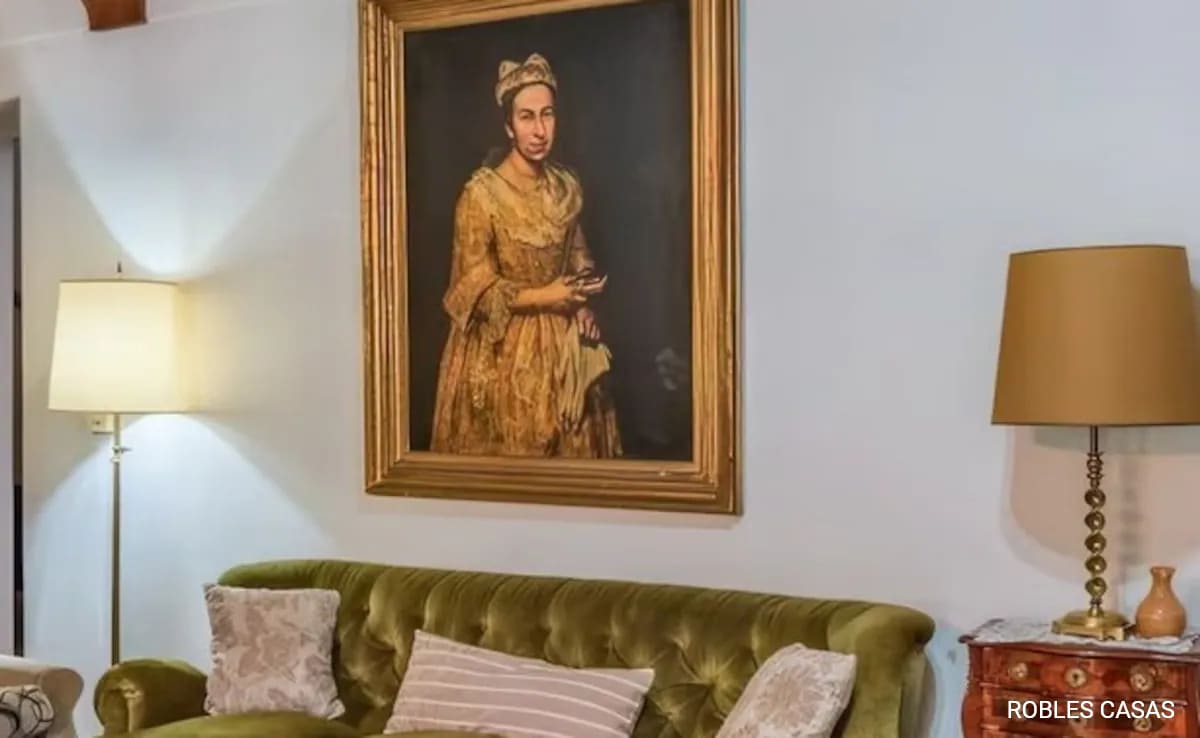Britain, for its part, reiterated calls for joint patrols along the French coast in hopes of stopping migrants from making a perilous journey across the English Channel, while France just demanded more support from its neighbors.
âYesterday was the moment that many of us have feared for many years,â Home Secretary Priti Patel told Parliament. She said that she had reached out to her counterpart in France and âmade my offer very clear to France in terms of joint France and U.K. cooperation, joint patrols to prevent these dangerous journeys from taking place.â
Similar proposals had already raised concerns over sovereignty in France, where the government blames Britain for its lack of action against traffickers and businesses employing migrants. On Thursday, the French called for more European and British support for their efforts to combat human trafficking along the channel.
In a phone call with Britainâs Prime Minister Boris Johnson on Wednesday evening, French President Emmanuel Macron âunderlined the shared responsibilityâ and urged the British to ârefrain from exploiting a dramatic situation for political purposes,â the Ãlysée presidential palace said early Thursday.
Speaking on French radio on Thursday morning, French Interior Minister Gérald Darmanin said âpregnant women, children diedâ in the incident. A local prosecutor told the Agence France-Presse news agency that 17 men, seven women and three presumed minors were among the victims. An investigation to identify the victims and their countries of origin was still ongoing.
Two people, from Iraq and Somalia, survived and were being treated for hypothermia, according to Darmanin.
During their call on Wednesday, Macron and Johnson agreed to step up joint work and to do everything they can to stop the human traffickers responsible, according to Downing Street. But it was also clear they had different ideas how to proceed.Â
French officials have in the past repeatedly accused Britain of being responsible for a surge in crossings. Darmanin recently singled out British nongovernmental organizations in northern France who âprevent the police and the gendarmerie from working.â He has also blamed Britain for not acting decisively enough against U.K.-based trafficking networks, and for attracting migrants by allowing âirregular workersâ to be âemployed at low cost.â
Meanwhile, charities and aid agencies on both sides of the channel have long called on the British government to open safe routes to the country for asylum seekers. Currently, the migrants who are in France can only apply for asylum in Britain if they are physically there â meaning they have to take deadly risks in rickety boats with people smugglers.
But speaking to Parliament on Thursday, Patel did not suggest changes to the British immigration system, and instead reiterated an offer to âput more officers on the groundâ and âdo absolutely whatever is necessary to secure the area so that vulnerable people do not risk their lives by getting into unseaworthy boats.â
She also didnât rule out tough new tactics to push boats back toward France.
Speaking to The Washington Post on Thursday, Bruno Bonnell, a French lawmaker for Macronâs party, said joint patrols are âprobably a good idea,â partly because it may ease British-French tensions and âfinger pointing.â
But Bonnell cautioned that the patrols should only be the âtip of the iceberg of the solutionsâ and that an adjustment of immigration policies may be needed on both sides of the English Channel âby setting up ways to help people to legally enterâ and âto protect them from the smugglers,â among other measures.
Nearly three times as many migrants have crossed by sea this year compared with last year, after authorities clamped down on other routes, including crossing by trains or trucks. Successful crossings have encouraged a growing number of migrants to attempt the journey via the Dover Strait. But the route, which runs along the channelâs narrowest point, crosses one of the worldâs busiest shipping lanes and is dangerous for people in small flimsy boats, especially when hammered by strong currents and high winds.
Some policymakers in France, however, outright dismissed the British proposals. Pierre-Henri Dumont, a lawmaker for Calais, told BBC that it wouldnât work as there was a âquestion of sovereignty â Iâm not sure the British people would accept it the other way round, with the French army patrolling the British shore.â
He also said that it wasnât practical on the long coast.
âIt only takes 5 to 10 minutes to take a boat and put it at sea filled with migrants, so Iâm not sure it is only a question of money and question about the number of men,â he said, echoing reports from French police officers who say they operate under tight rules. French authorities say they only have a limited time window during which they are allowed and able to prevent the crossings â usually after migrants reach the dunes, and before the boats are on the water.
âIf you have the impression that some policemen donât look at a specific boat, itâs because they usually look at other boats on the other side of the beach,â said Bonnell, the French lawmaker, responding to photos that appeared to show officials police standing by as a group of migrants ran toward the channel, carrying an inflatable boat, on Wednesday.
French police regularly clear â in a way that draws complaints from migrants and human rights groups â the makeshift camps on the northern coast, where people gather before attempting to cross the Channel. Policymaker Dumont said a solution was to not only close migrant camps around the coast, but to move them into âwelcoming centersâ where they could apply for asylum in France â or Britain, where many want to come.
Britain worries that this approach would increase the number of asylum seekers, while supporters argue that if governments want to break the business model of smugglers, then they need to create a situation where people donât need to travel by boat.
Most migrants who come to Europe stay on the continent, but there is a minority who try to make it to Britain because they have family or other ties or because they speak English, say aid groups.
The number of asylum applications to Britain is relatively small compared to other countries of similar size in Europe. In the third quarter of 2021, 17,400 people applied for asylum in Britain; in France during that same period, 31,000 people applied.
Rob McNeil, a spokesman at the Migration Observatory at the University of Oxford, said that the majority of people arriving on boats are from countries where asylum claims are typically approved, including Eritrea and Syria, where 90 percent of applications are successful as a result of the danger people face in those countries.
French officials also called for more support from within the European Union in response to Wednesdayâs incident.
In his radio interview Thursday, Darmanin singled out Belgium, the Netherlands and Germany as countries that are also linked to trafficking networks, adding that one of five traffickers suspected of having been involved in Wednesdayâs incident had bought his boats in Germany. They were among over 1,500 smugglers the French government says it has caught in the region since the beginning of the year.
âWe need to stop being effectively the only ones who are able to act against traffickers,â he said.
Wednesdayâs tragedy didnât deter others from attempting to seek refuge in England. In the early hours on Thursday morning, the BBC reported, two boats made the journey across the Channel and came ashore in Dover, England, carrying about 40 people wearing life jackets and wrapped in blankets.
Adam reported from London.
.png)










 English (United States) ·
English (United States) ·  Turkish (Turkey) ·
Turkish (Turkey) ·